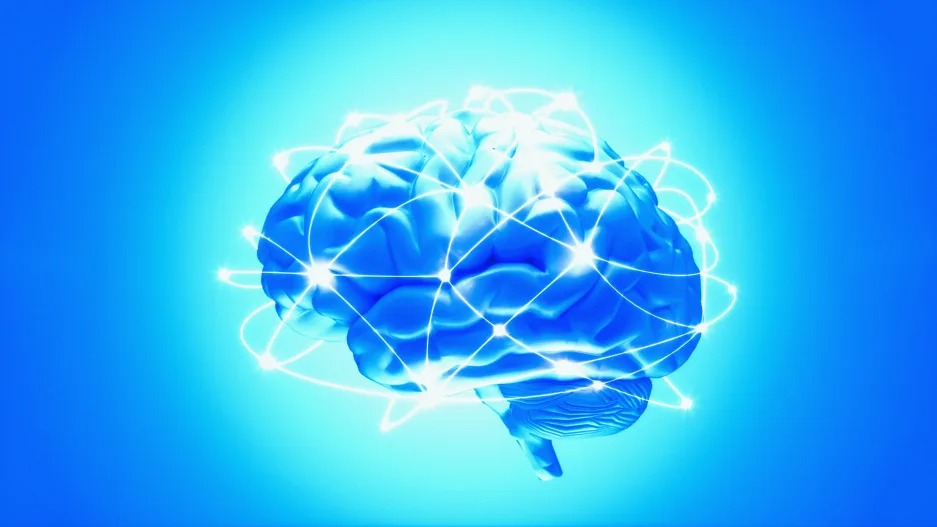- | 9:00 am
Salesforce’s EinsteinGPT may be the most meaningful application of AI chatbots yet
The company announced its planned integration of generative AI technology into its various clouds at a developer event Tuesday.

While the AI chatbots we’ve seen so far are undoubtedly impressive communicators, their real-world usefulness is far from established. Right now, bots like ChatGPT and Microsoft’s Bing Chat have limited utility because they lack application-specific information. For instance, I grew frustrated when the Bing bot was unable to help me plan a trip because it couldn’t access real-world flight times and prices.
Salesforce, which announced its new EinsteinGPT AI assistant Tuesday, wants to provide its enterprise customers with AI assistants that are trained on specific, proprietary product, and business intelligence information.
“AI is only as valuable as the data it’s been trained on,” says Clara Shih, CEO of Salesforce’s Service Cloud, during an interview with Fast Company at Salesforce’s TrailblazerDX developer event in San Francisco Tuesday. “Just being able to root the development and implementation of AI in a ground truth, in a trusted data cloud, in the flow of work, that’s what customers want.”
That combination of the company-specific knowledge and the pure language skill of the large language models could make the EinsteinGPT assistant the most meaningful application of generative AI technology we’ve seen yet.
At its developer conference Tuesday, Salesforce demonstrated the EinsteinGPT assistant for the first time. Here are a few examples of how EinsteinGPT will be armed with trusted data, and what the bot will do with it.
CUSTOMER RELATIONSHIP MANAGEMENT (CRM)
In Salesforce’s Customer 360 CRM platform, the bot was asked to do some basic research on a prospective new customer, and provide an overview. A new pane opened on the righthand side of the screen. At the top it read, “Einstein Assistant.” The overview of the prospect company appeared in a neat paragraph of text. The assistant also found a news article saying the company plans to move into a new market soon. It then wrote a letter to the prospect acknowledging the move into a new market. When asked to rewrite the letter in a slightly different tone, the assistant complied. It was then asked to create a Slack message to another salesperson who had already dealt with the prospect company in another market, and then to access the Tableau analytics platform to learn more about what specific products had done the best with the prospective customer.
CUSTOMER SERVICE
After that, the demo moved to the screen of a customer service agent. A customer question came in. The assistant, accessing the company’s product data, found the desired answer and wrapped it into a personable chat response to the customer. The rep decided the answer was okay as is, and hit Send. The rep handled a follow-up question in the same way. Next, the assistant wrote a summary of the information that had been given to the customer. The rep then decided to make that summary into a new knowledge-base article and does so with one click, so that other reps can benefit from it.
MARKETING
In the Salesforce Marketing Cloud, the bot was asked to design a new website landing page promoting the opening of a new store in a new market. Janani Narayanan, Salesforce’s director of product, digital intelligence automation, said the Einstein Assistant is trained on the company’s past campaigns and emails. “That means that the design style of the landing page and the writing style of the campaign are all influenced by and derived from the previously successful campaigns,” she said.
If this all works as advertised, the AI has just saved a sales rep, a customer service agent, and a marketing manager a lot of time (and maybe even eliminated a few jobs). The EinsteinGPT assistant also can help developers create code, and summarize conversations in Slack.
EinsteinGPT is not itself an AI chatbot, but rather the marriage of generative AI chatbot technology with the proprietary data that Salesforce’s customer companies store in its data cloud, which can include the company’s sales, marketing, and analytics data, and other data. It also ties in Salesforce’s own proprietary language models, which are trained on data contained in the data cloud.
The customer can use the large language model chatbot of its choice, Salesforce says. It might be one developed by one of Salesforce’s partners (OpenAI, Cohere, Anthropic, et al.), or one the customer has developed in-house. One of these models might work in tandem with Salesforce’s proprietary language models to produce certain types of content—a letter draft containing both company product data and a reference to a public news event, for example. All of this works together under the name, EinsteinGPT.
Bear in mind, however, that only a select few Salesforce customer companies are able to access the technology today. I’ve not spoken directly to those companies, so I’ve no real knowledge of the usefulness of those applications.
“There’s a lot of demand for this, and we’re moving as quickly as we can without compromising our ethically responsible approach,” Shih tells Fast Company.
Salesforce isn’t saying if EinsteinGPT will go into general release this year, nor has it said how much companies will eventually pay for the technology. Even still, EinsteinGPT is an important pointer to the work generative AI chatbots might do in the future.







































